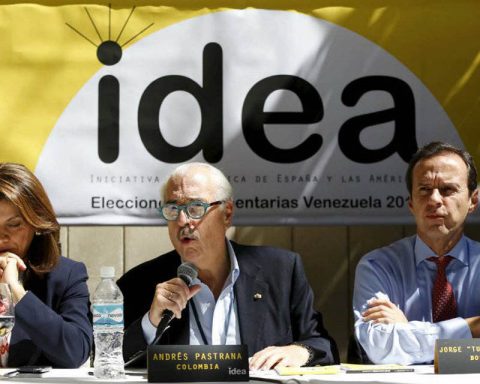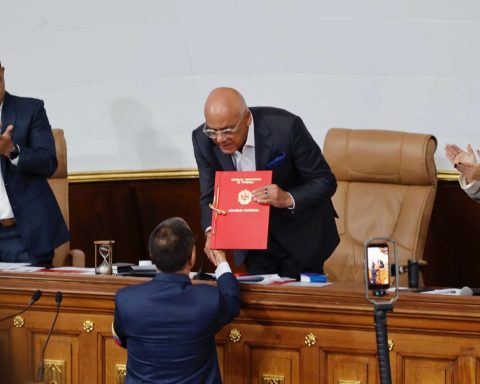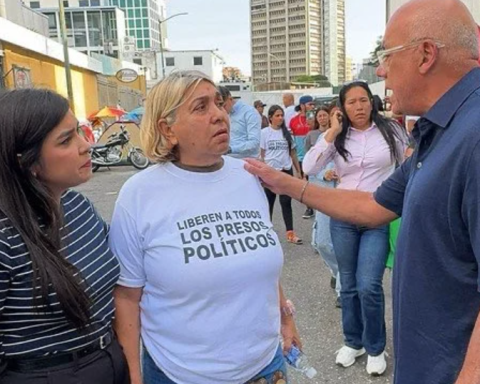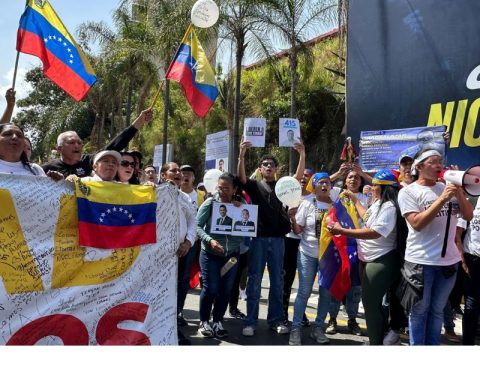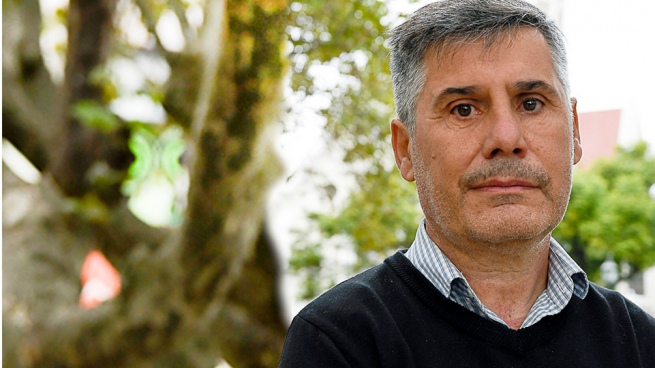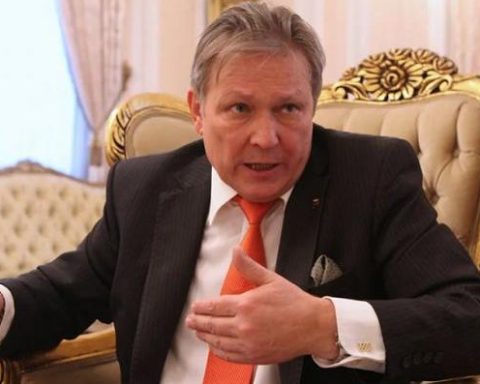
The most relevant public policy of the last years of the Civil Republic (1958-1998) was undoubtedly decentralization. Although enshrined as an open possibility in the text of the 1961 Constitution, it was necessary to wait until 1989 for the long-awaited decision to be made, thanks to a national policy assumed as a banner by the vast majority of the political establishment, in response to a legitimate claim of the Venezuelan province. Of course, honor to whom honor is due, President Carlos Andrés Pérez deserves the merit of promoting, with his governmental execution, the legislation that paved the way for the direct election of governors and mayors, thus beginning the innovative political process that we had waited so long.
Decentralization got off to a good start. Excellent governors and mayors were elected, thus beginning a promising journey that from the first moment showed its benefits. It could not be otherwise; there is a natural tendency of democracies towards decentralization, just as centralization constitutes a natural tendency of dictatorships. Let me explain: the democracies that are established within a centralized State require, as they develop and stabilize, channels of representation that are increasingly closer to the reality of the coexistence of citizens, be it from the neighborhood world, the parishes, the municipal units and the states that make up the union. In addition, this becomes an imperative in the federal States, since it is understood that the units that comprise it play a decisive role in the configuration of the State, establishing its scope and limits through the Constitution. The Venezuelan federal state, “federal in the terms established by the Constitution”, faced the serious danger of being a semantic entity, deceptively at odds with the core principles of the federation.
I repeat that decentralization began very well, finding in the institution par excellence of its support and promotion, the Copre, a champion of both its initial proposals and those that necessarily had to be developed. When Chávez came to power with a hesitant speech on the subject, because at the same time that he considered himself a supporter of decentralization, he eliminated COPRE and threatened to impose his own centralist decisions, which unfortunately for the country he fulfilled, as his control of the power became more overwhelming. Fortunately, the National Constituent Assembly began in a decentralizing environment that was reflected in the new fundamental text. Thus, the progress that had been made in legal matters under the charter of 1961 was included in the text, and new provisions were incorporated, some very advanced at the time, such as the recognition of a crucial principle of decentralization such as subsidiarity. , the Federal Council of Government was constitutionalized, the possibility of bringing decentralization to communities and neighborhood groups was consecrated, and the very relevant and innovative mandate referring to the approval of the law that develops state public finances, the best guarantee of independence and autonomy of the states in the management of their taxes, a mandate by the way, four decades after the approval of the Constitution, shamefully unfulfilled.
Decentralization has ended up being suffocated by the dictatorship. The progressive norms of the Constitution became a dead letter, and the regime recentralized the State to levels never reached in our eventful republican life. A pending task when democracy returns to the long-suffering Venezuela, it will be to restart the decentralization process, democratize it at all events, in short, fortify it in such a way that it becomes irreversible for the good of the country’s health.

